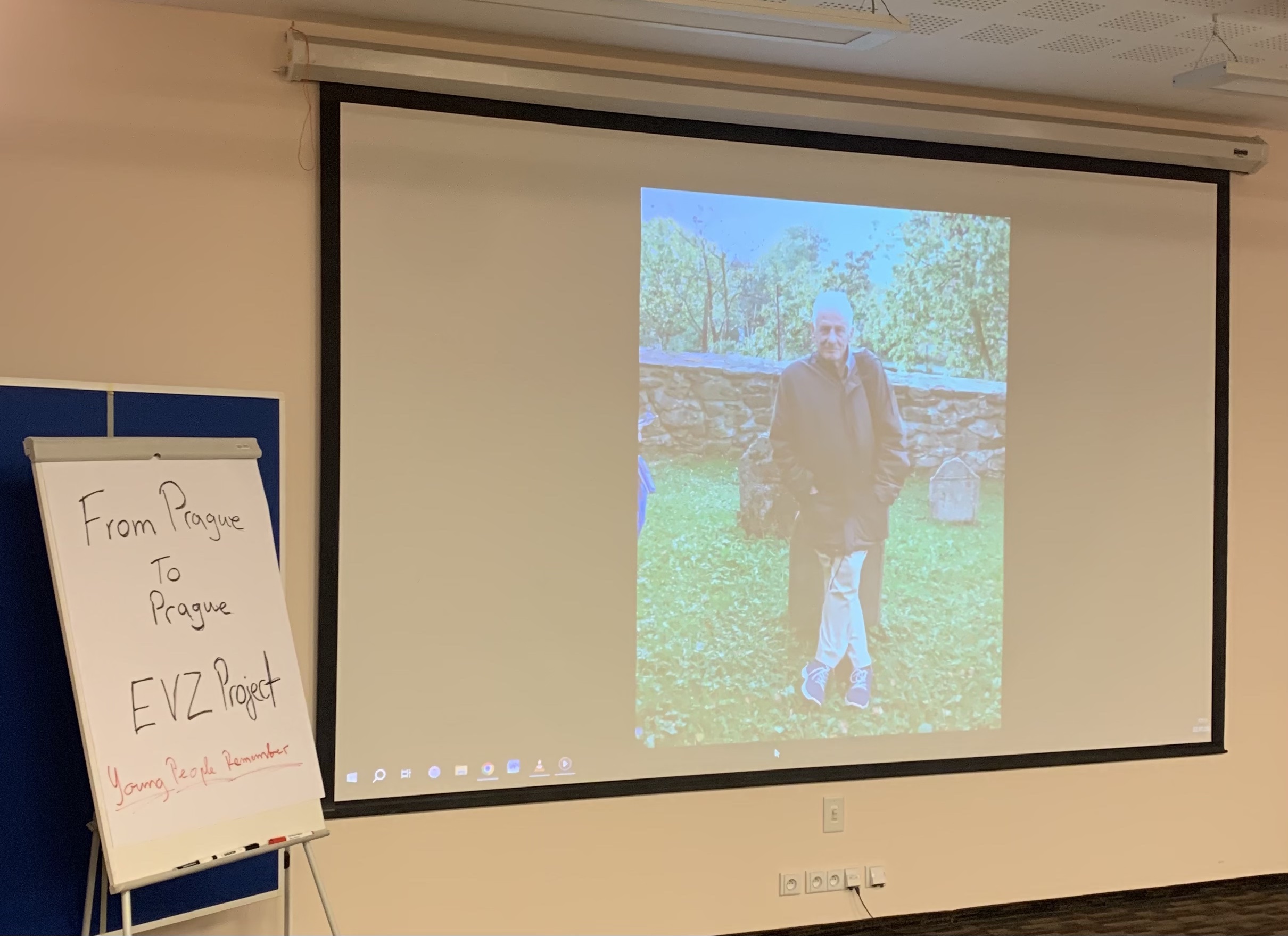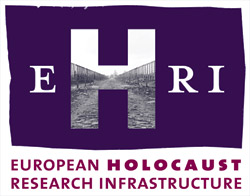From Prague to Prague – In Max Livni’s Footsteps in Czechia, Poland, and Germany
24. 07. 2024

This Wednesday, Thomas and our volunteer Lena accepted the invitation from Beit Theresienstadt and Memos to attend the closing event of the project “From Prague to Prague – In Max Livni’s Footsteps in Czechia, Poland, and Germany.” During the two-week journey, the group, including participants from Israel and Germany, traced the path of Holocaust survivor Max Livni – from Theresienstadt, through Auschwitz, to Kaufering in Bavaria.
The trip was overshadowed by the news that Max (Mordechaj) Livni passed away in Israel. A moment of silence was observed in his memory.
At the conclusion of the event, participants shared their impressions and unique experiences of the journey. Following the official program, there was a pleasant exchange between guests and participants.
We thank Beit Theresienstadt and Memos for the invitation!
Obituary
Mordechaj Livni, born Max Lieben on February 15, 1926, in Prague, was the youngest of three sons in an orthodox Jewish family. His father, Evžen Lieben, was a classical philologist and teacher, while his mother was a homemaker. The family spoke primarily German, and Max attended both Czech and German schools. In 1939, his eldest brother Artur (Avraham) emigrated to Palestine. Max and his older brother Rudolf participated in the Zionist youth organization Makabi ha-cair.
On July 8, 1943, the family was deported to the Theresienstadt ghetto, where Max continued his involvement in Zionist activities. On September 28, 1944, Max and Rudolf were sent to Auschwitz. About ten days later, they were selected for labor and deported to Kaufering IV camp, where Rudolf died in December 1944. During the camp’s evacuation in April 1945, Max was sent on a death march to Allach camp, where he was eventually liberated.
Only about six members of the Lieben family survived the war. After returning to Prague, Max tried to rejoin the Zionist movement and emigrate to Palestine. In January 1946, he worked at a home for orphaned children in Bratislava, managed by Makabi ha-cair, where he met his future wife, Eva Fürstová (Chava Livni). In May 1949, they moved to Israel, living first in Kibbutz Kfar Ha-Makabi and later in Kirjat Tivon. The couple had three children, with the youngest dying in childhood. Mordechaj worked as a technician, and Chava taught ceramics. They were founding members of the Beit Theresienstadt archive and memorial.
Source: Paměť národa - Mordechaj Livni
Read also
- Remember the Past, Shape the Future – International Youth Forum 2025, a recap by Anička
- News from Prague 02/2025
- Workshop Just an Ordinary Day for MIIC – 22.7.2025
- Alpine Peace Crossing
- Anne Frank Day
- Visit from the APC
- GEDENKDIENST
- We have new books!
- Commemoration of the victims of the Holocaust in the Treblinka labour camp
- Commemorative act in Lety u Písku







